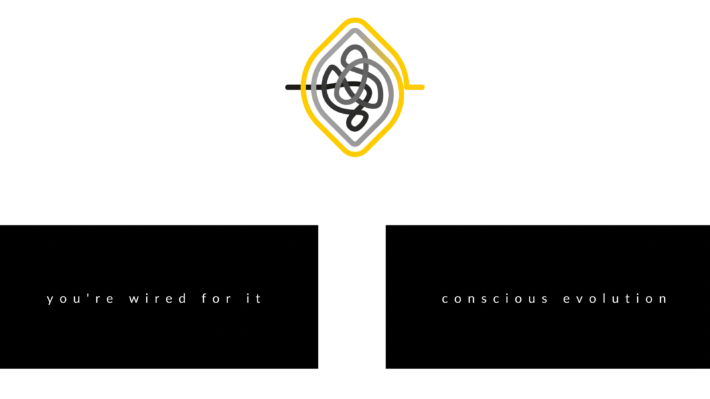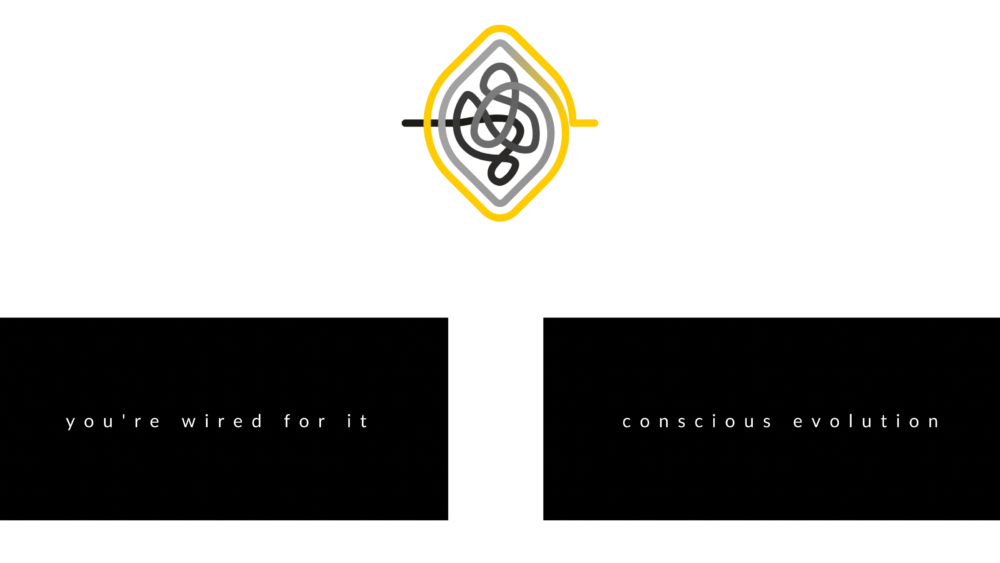psychotherapy or coaching?
One perspective in an infinite sea of perspectives. Take what you like and leave the rest.
The psychotherapy vs. coaching dilemma.
This is an interesting and important question. As a psychotherapist I deal with the unique details and balance inherent in this question daily . We will use the human development framework as the basis for our contemplation.
Before an individual can get on with the business of creating a high functioning, successful existence (by whatever measures they define success) they must have a solid sense of self. Herein lies the dividing line between the two modalities. Psychotherapy deals with the business of forging a solid, cohesive sense of self, tending to repressed content and emotions and healthy ego development while coaching deals with the business of creating a high functioning success story.
The two processes are very different and through the lens of human development the functions served by psychotherapy generally precede those of coaching.
A psychotherapist is trained in both functions. A coach is not trained to handle what happens in the psychotherapeutic process. It is important to note that a client can vacillate in their presenting needs. A word of caution: coaching issues can rapidly devolve into psychotherapy issues by tapping unexplored contents of the unconscious, especially on the grounds of inadequacy. This presents a problem that many psychotherapists perceive, and is the reason for an existent psychotherapy bias against life coaching: coaches can be ill equipped to deal with deeper issues that can and will most likely arise as a result of their services.
The most fundamental differences in the two modalities are who leads the process and where the process is heading. As a psychotherapist I find it increasingly important to follow the client. “Client led” is a catch phrase used to describe the process. Where are we heading… back in time and below the level of conscious awareness. Let’s take a look at what it means to be client led and why it is important. In order to do so, a little back story is in order.
In the process of development each of us were conditioned to deny parts of our experience. Imagine something as simple as 3 year old Nicole wanting to tie her shoes in the midst of mothers hurried morning routine ~ being denied the opportunity… Nicole must repress her own desires for creativity, learning, agency and then subsequently her anger and probably her sadness too as Mother meets each of her escalations with a greater demand for compliance.
Nicole feels out of control and must eventually submit herself to mothers process. She must force a little bit of herself into exile… In this example, over time, maybe Nicole begins to subjugate her will and desire to tie her shoes in favor of connection with her mother. Her drive and need for autonomy get pushed into her shadow and exiled causing her to cease initiating shoe tying. She has been conditioned to rely on her mother, she has been conditioned to be dependent. Bottom line: there are parts of everyone that were not tolerated. Where do these parts go? Into the shadow, the unconscious, from where they rule our lives until we are uncomfortable enough to liberate them.
In the most emotionally mature families, the prohibitions were momentary and followed by repair and opportunity for growth and developement. However, some/most of us suffered swaths of neglect and abuse and were forced to section off and repress huge aspects of ourselves, repeatedly. This becomes a problem when we need to have those parts of ourselves to fully function as adults. We need our emotional bodies to be good partners and parents.
We repress to stay in connection and safe with our caregivers and in family systems. This is our conditioning. We were conditioned to respond to our environments by contorting our will and denying our own needs and emotions. The result of these interruptions to our true nature and ruptures over time fragment and/or disorganize the sense of self.
Until we endeavor to figure out our conditioning, we don’t really know who we are. The job of the psychotherapist is to accompany clients into their shadow and provide support as the individual reclaims parts. The degree to which the client’s family system was unable to meet needs and accept the individual is the degree to which they need reparation and integration work on the self. The fragmented parts in IFS (therapeutic modality) are called exiles, which puts a very visceral feeling on the actual experience when the parts in question arise in us.
Why the psychotherapy client must lead… and where we are going…
Let’s switch to metaphor… imagine you are driving down a dark road one evening and you come across an individual who is walking on the shoulder, bleeding and emaciated. You pull over and get out. You can see and sense on every level that this individual has survived a very serious ordeal. Instinctively you lower your voice and inquire about the state of the individual. They shudder… you take a step back indicating you only mean to help… they soften a little… you lower your stance to appear less threatening… you ask for their name… they recoil… you back away further giving them more space.
You are letting them lead the process because you understand intuitively they have been through something major. Their lived experience is a third party in the field dictating the individual’s actions, level of tolerance and capacity for interaction. You are not judging or analyzing… in the background you feel a sense of awe that they survived. You are positioning yourself only as a resource.
You ask what happened with a deep, slow, caring, curiosity. They begin to tell their story, sharing that they have been held captive for years… an exile… it threatens to overwhelm them… you move in a bit closer to provide support and reassurance… you feel profound reverence for their strength and ability to survive. They trust you specifically because you are trusting them and allowing them to lead you in the process of discovery. What has always been missing from the exiles experience is agency, autonomy, care and concern for their experience.
A therapist is making contact with exiles of the personality that have suffered some great ordeal. The client leads because only they know where the exiles are hidden… only the client knows their origin stories and so you must let them lead you to them.
The primary and chronological first role of the psychotherapist is creating warm space, acceptance for all that arises and reassurance that the client is not to blame, not wrong/bad or deserving. The therapist provides a lived experience that the client matters, possibly for the first time in their lives. The therapist confirms that the exile exists, has valid needs, and is safe. This phase of the therapeutic journey is marked by the indirect approach.
What the psychotherapy client needs is someone who can navigate the magnitude of their situation without shrinking back, space, care and concern, context and perspective, while recognizing and meeting needs as they arise.
Subsequently, as the psychotherapy client begins to assimilate their experience they need coping skills to help them deal with and move through emotions bound up with their experience. The therapist then turns to offering tools and ways of reframing the experiences to help the individual make meaning and move forward . This is the directive phase of the therapeutic journey. Over time the individual begins to understand who they are in the context of their own life (not in spite of it) and how to skillfully navigate their own interior landscape with proficiency. Victim status drops away and the client begins to feel empowered in their personal story.
Once the individual has a good grasp of who they are in the context of their own lives and emotions they are ready for what a coach has to offer.
Coaching is fun! Coaching is the process of conveying knowledge and know how. The process is completely different. Imagine a runner poised on the starting line with everything they need to excel… the coach adds expertise and perspective to improve upon what already has form, what already exists in the runner. They are both pumped, and ready for action. Whether the content is running or self actualization… the coach leads the experience forward into uncharted territory. The coach is leading based on their own expertise, because the particular subject matter is familiar to the coach. In the coaching container, the work is growth oriented.



